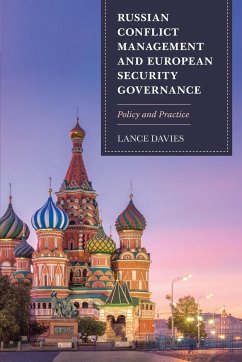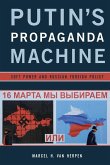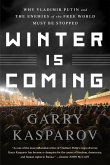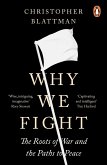Russia's controversial annexation of Crimea in 2014 and its involvement in the conflict in Ukraine have left international audiences stunned. Russia now occupies a central place on the Western security agenda and has been recast as an important area of scholarly inquiry. The conflict has raised important questions about Russia's understanding of conflict management and its approach to contemporary European security. This book provides a timely and contextual exploration of Russia's post-Soviet legacy of conflict management in the backdrop of its interaction with Europe's system of security governance. By exploring Russia's approach from the early 1990s to the present day, the book offers a comprehensive exploration into the evolution of Russian behavior, investigating whether Russia's approach has developed in accordance with the policies and practices of security governance that have emerged in the European experience of conflict management. Together with extensive documentary analysis and elite interviews, it employs the framework of security governance to examine Moscow's behavior across a set of case studies situated in the European political and security environment. It offers a timely contribution to our understanding of Russia's response to intrastate conflict and Russia's broader engagement with its contemporary security environment.








